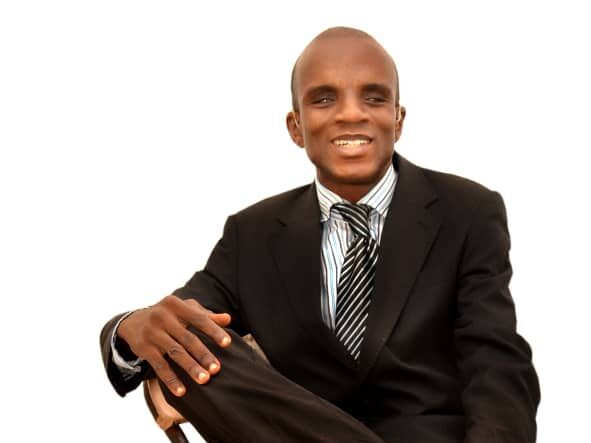
News
‘Success and Failure Are Born in the Same Cradle’
Play audio version
LALIF Executive Director Solomon Okelola Reflects on Living with DeafBlindness
October 31, 2021
LAGOS, Nigeria — Growing up hard of hearing and visually impaired, Solomon Okelola could not see what his teachers wrote on the board unless he stood up to get a closer look. Of course, this was difficult and time-consuming – walking up to the chalkboard, checking for the particular line of writing he was reading, returning to his notebook to write, then back to the chalkboard all over again. Plus, it was an inconvenience for his classmates, as he usually obstructed their view.
Lacking hearing aids back then, Okelola also couldn’t hear his teachers very well. “Anyone who wanted to talk to me had to stand close to me and talk right into my ears or raise his/her voice for me to hear,” he says. Of course, the teachers couldn’t stand beside a single student or raise their voices all the time, so Okelola grew up with reading as his main tutor. “I loved to source for more information and knowledge,” he says.
Today, Okelola is the executive director of Lionheart Ability Leaders International Foundation (LALIF), a non-governmental organization in Nigeria for people with disabilities. In this role, he has helped organize awareness campaigns to educate Nigerians about his type of disability. Okelola notes that people who are DeafBlind can face even more challenges communicating than those who are Deaf or blind. They can feel isolated, which is how he felt growing up. “Whenever there were more than two people around me, I found I was mostly on my own, with my own thoughts,” he says. Eventually, though, Okelola grew to appreciate his solitude, as it gave him an opportunity to observe and reflect upon life, people, their problems, and the ways they react to their problems. Sometimes, he would go somewhere by himself to reflect and ponder life.
It was from this habit that Solomon discovered his writing and advocacy skills. His reflections, decisions, counter-questions, and final resolutions began to influence his daily habits, his endeavors, and his responses to people and situations. He says, “They [his reflections and meditations] are the main reason why I have learnt, and I tell people the following:
- I don’t believe man is a product of his environment. Man is a product of his experiences and his reactions or responses to those experiences. You can always choose to be who and what you want to be.
- Only you can mold yourself, only you can destroy yourself and your chance to succeed in life.
- It matters little what goes on around you or where you find yourself. It is how you decide to take it all that matters.
- Success and failure are born in the same cradle – in your mind. You can conceive whichever you desire.
- It’s all about you to be the best you can!”
With a master’s degree in special education and rehabilitation science from the University of Ibadan, Oyo State, Nigeria, Okelola also advocates for early detection of Usher Syndrome, the world’s leading cause of DeafBlindness, and more training and awareness in the mainstream schools. Growing up, he had cataracts in both eyes due to retinitis pigmentosa, and the one in his left eye was so severe that he couldn’t see anything out of it throughout primary and secondary school. Twelve years ago, he started to lose the rest of his sight. It was a challenging time in his life, especially since his fiancée of almost two years had left him just three months prior because her family had objected to his not being part of their tribe. Describing his feelings over the breakup and the loss of his vision soon after, he says, “That started me wondering amidst my agony of all this issue of tribal loyalties and ethnic differences in Africa. I was still battling to get myself back together when the world started going black on July 7, 2009.”
Okelola resolved to try to forge ahead despite what he describes as the “extreme emotional turmoils” and “mental upheavals” he was experiencing at the time. Reflecting on his experiences and how he managed to surmount the challenges, he says, “Already, I had friends with visual impairment, and I loved to help them around school, in their recordings and all that. I started trying to imitate them, to do things the way I saw them do.”
When asked what he would like the world to know from his story and what he’s engaged in presently, he says, “In a nutshell, all I wish to share with like-minded individuals and all we need to make our people realize stems from what I have learnt in life: It’s all about you to be the best you can!”
Bukola Badmus is a 2021 Disability Justice Project Fellow and the financial secretary and Lagos state coordinator for LALIF. @2021 LALIF. All rights reserved.
.
News From the Global Frontlines of Disability Justice
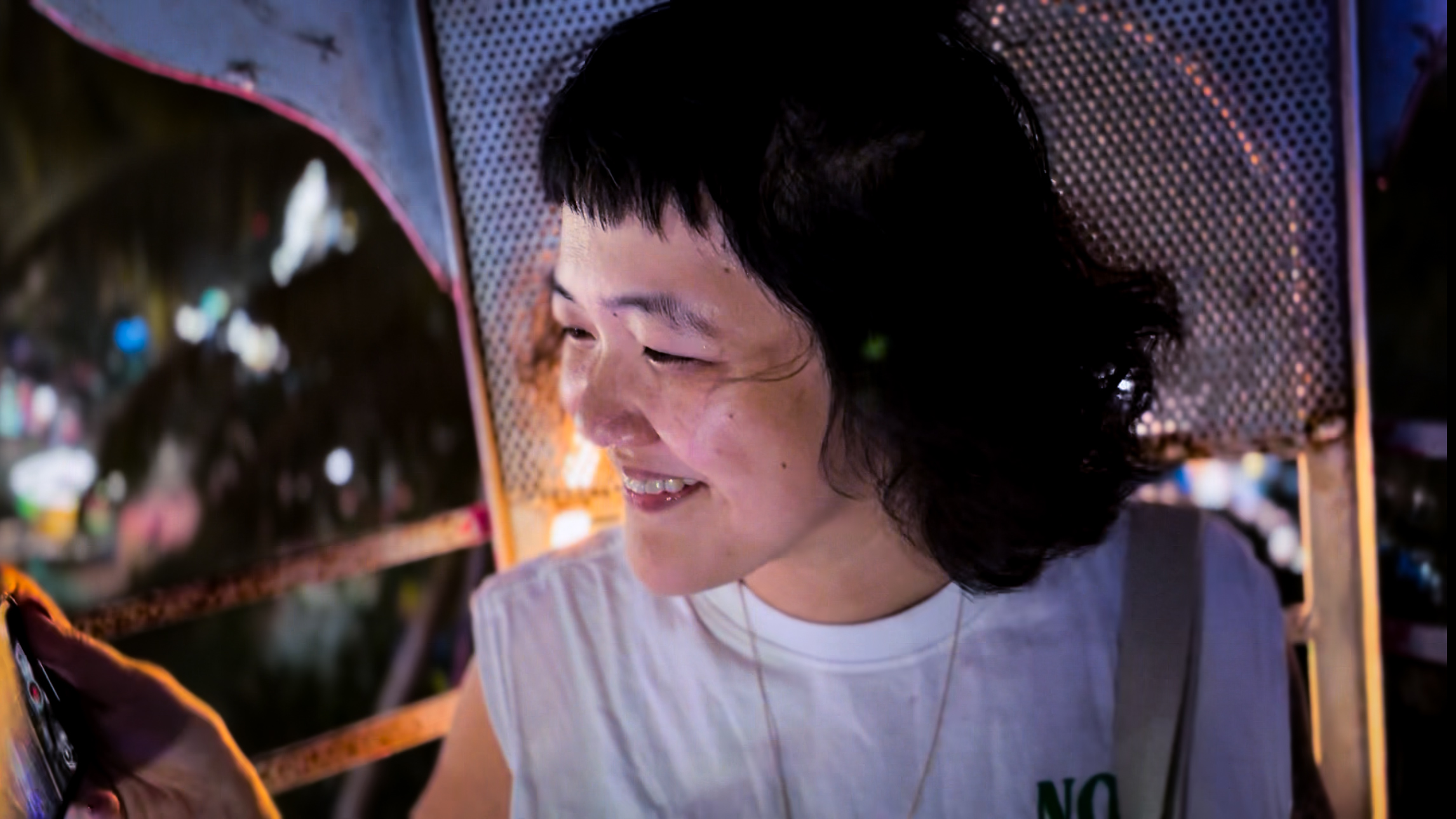
Autism, Reframed
Late in life, Malaysian filmmaker Beatrice Leong learned she was autistic and began reckoning with decades of misdiagnosis, harm, and erasure. What started as interviews with other late-diagnosed women became a decision to tell her own story, on her own terms. In The Myth of Monsters, Leong reframes autism through lived experience, using filmmaking as an act of self-definition and political refusal.
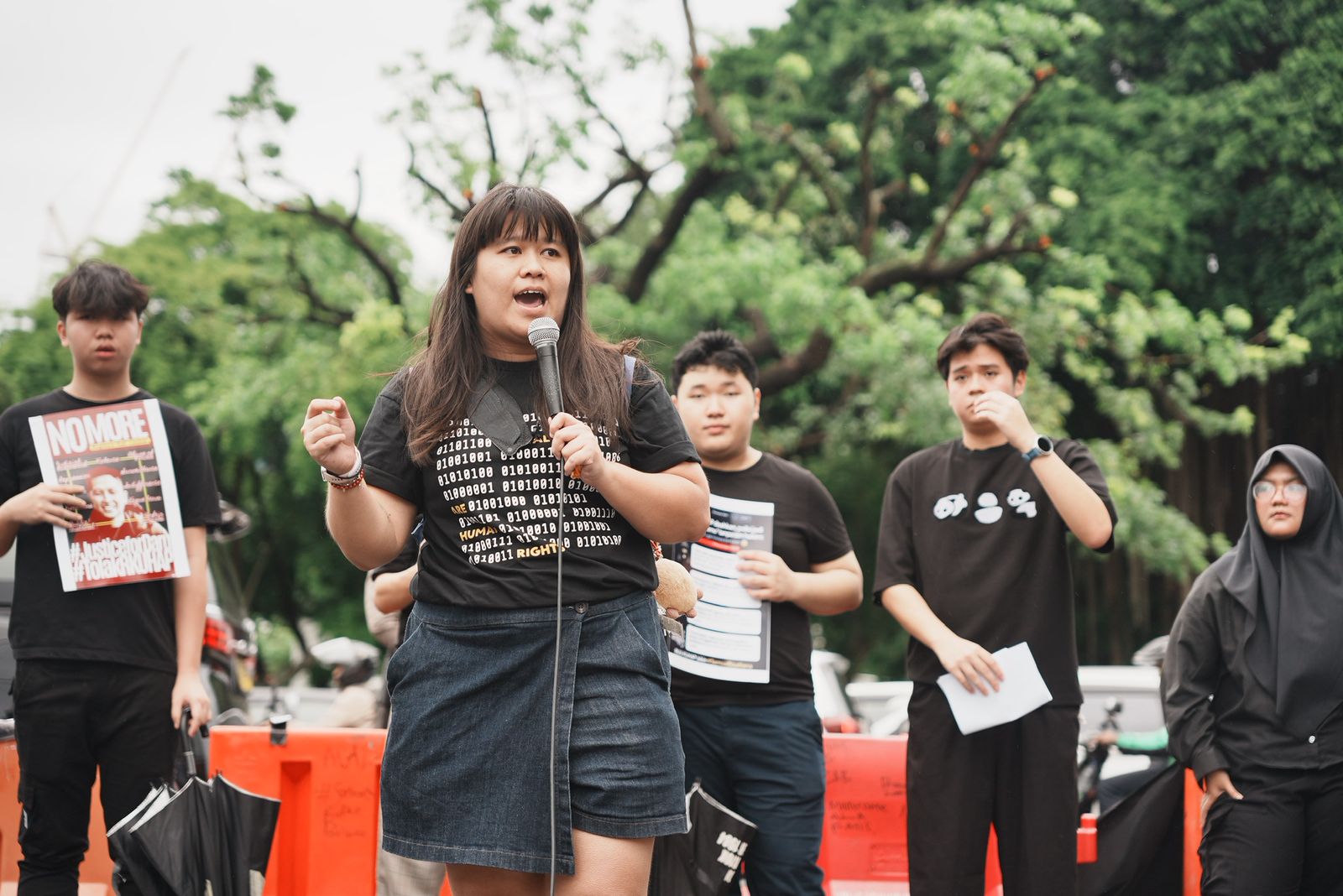
Disability and Due Process
As Indonesia overhauls its criminal code, disability rights advocates say long-standing barriers are being reinforced rather than removed. Nena Hutahaean, a lawyer and activist, warns the new code treats disability through a charitable lens rather than as a matter of rights. “Persons with disabilities aren’t supported to be independent and empowered,” she says. “… They’re considered incapable.”

Disability in a Time of War
Ukraine’s long-standing system of institutionalizing children with disabilities has only worsened under the pressures of war. While some facilities received funding to rebuild, children with the highest support needs were left in overcrowded, understaffed institutions where neglect deepened as the conflict escalated. “The war brought incredibly immediate, visceral dangers for this population,” says DRI’s Eric Rosenthal. “Once the war hit, they were immediately left behind.”
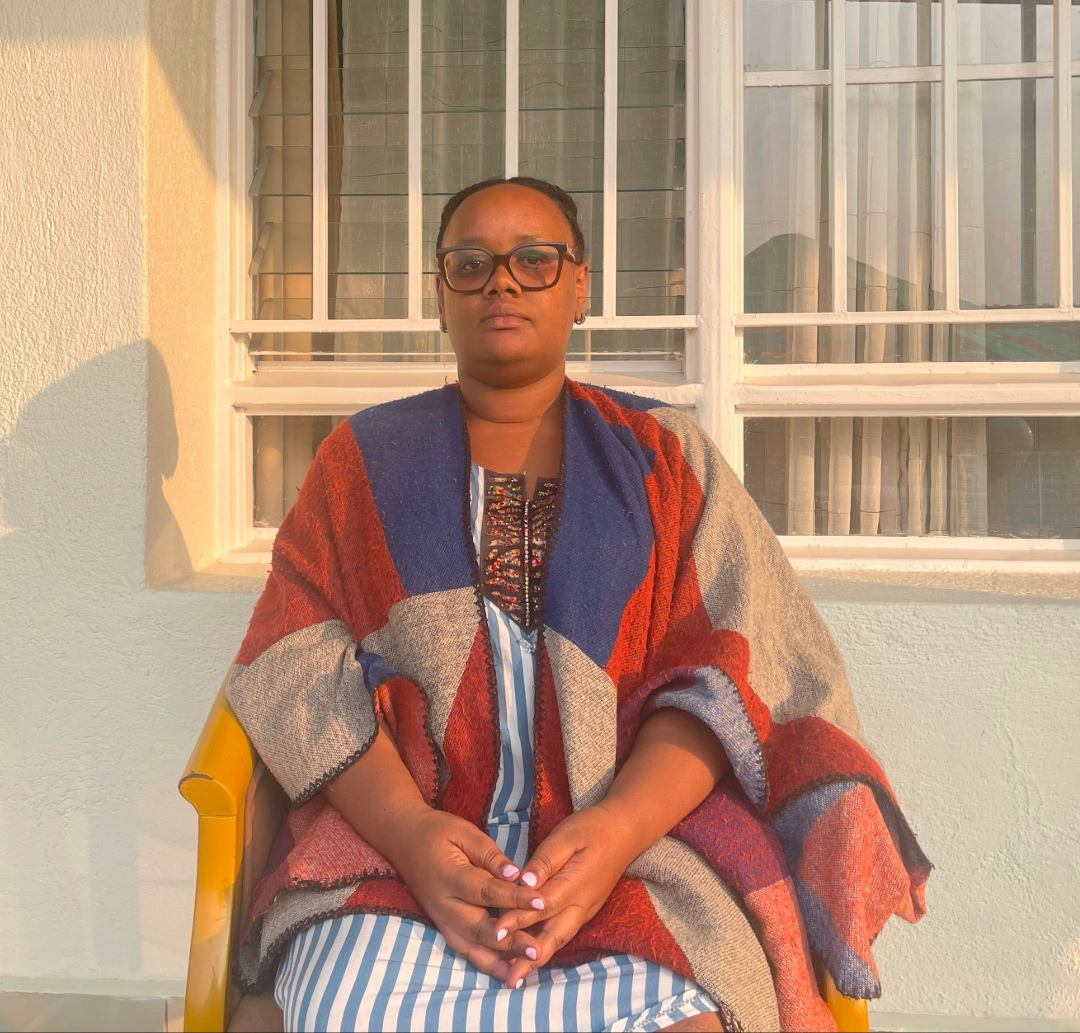
The Language Gap
More than a year after the launch of Rwanda’s Sign Language Dictionary, Deaf communities are still waiting for the government to make it official. Without Cabinet recognition, communication in classrooms, hospitals, and courts remains inconsistent. “In the hospital, we still write down symptoms or point to pictures,” says Jannat Umuhoza. “If doctors used sign language from the dictionary, I would feel safe and understood.”
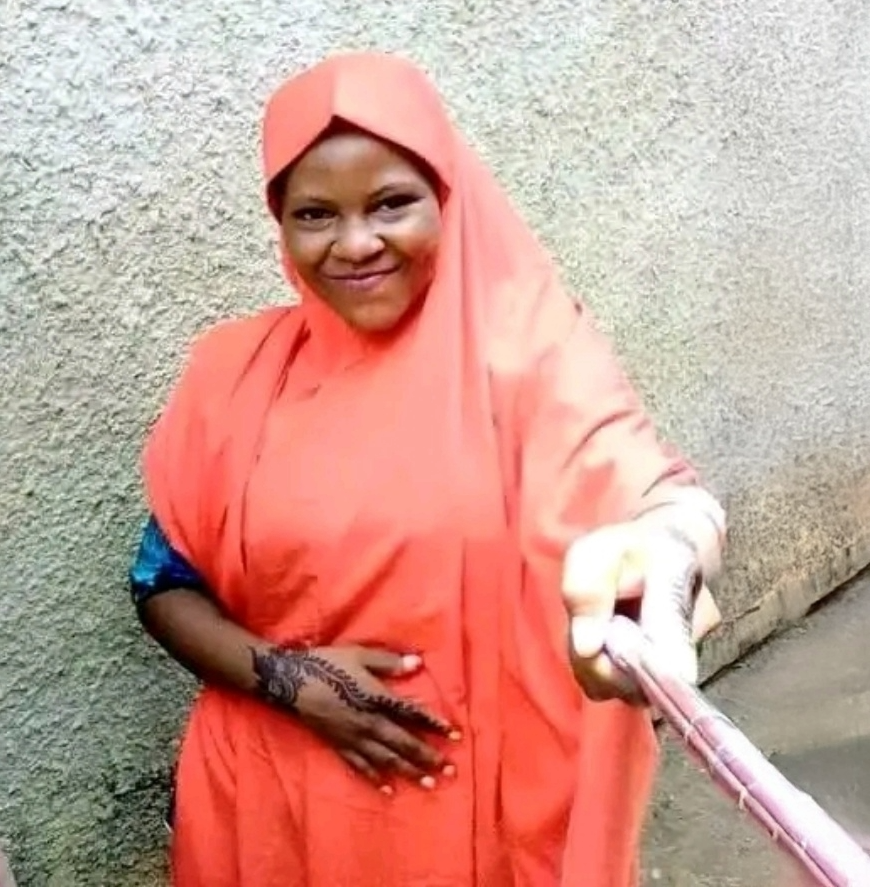
Failure to Inform
Zulaihatu Abdullahi dreamed of finishing school and building a home of her own. But at 19, she died of untreated kidney disease because no one could communicate with her in sign language. Her story reveals how Deaf Nigerian women are often left without lifesaving care. “If only she had access to healthcare where someone could guide her… explain each step, she might still be here,” says Hellen Beyioku-Alase, founder and president of the Deaf Women Aloud Initiative.
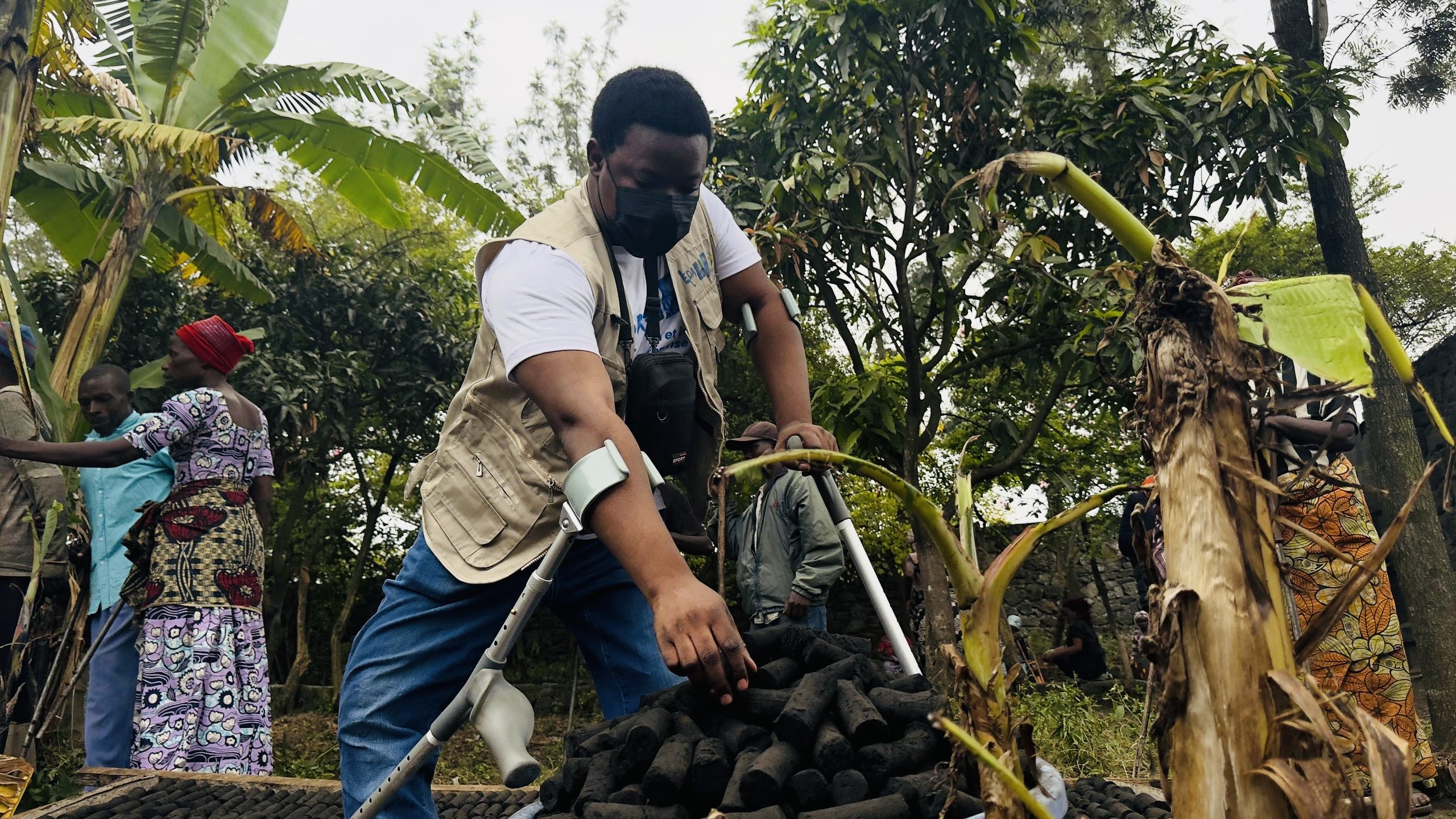
Disability in the Crossfire
In Goma, Democratic Republic of Congo, ongoing conflict and forced displacement have hit people with disabilities hardest. Rebel groups seized supplies from a clean cooking initiative designed to support displaced people with disabilities, leaving many trapped without aid. “It is still a big difficulty for authorities or government or humanitarian organizations to make a good decision which includes everyone,” says Sylvain Obedi of Enable the Disable Action.